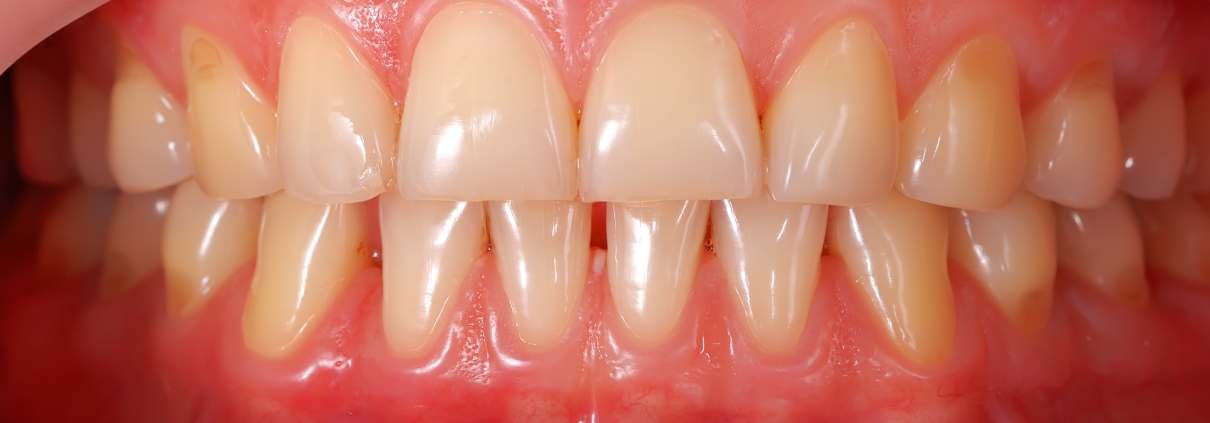Healthy Teeth and Gums
Maintaining healthy teeth and gums is vital for overall oral wellness and plays a significant role in our general well-being. A bright smile and strong oral health contribute to self-confidence, proper nutrition, and a reduced risk of various dental conditions. In this article, we will explore essential practices and habits that promote healthy teeth and gums, helping you achieve a lifetime of oral wellness.
Brushing and Flossing
The foundation of a healthy oral hygiene routine lies in regular brushing and flossing. Here’s how to make the most of these practices:
Brushing Technique: Use a soft-bristled toothbrush and fluoride toothpaste. Brush gently in circular motions, covering all tooth surfaces, including the front, back, and chewing surfaces. Aim for at least two minutes of brushing, twice a day.
Flossing: Flossing removes plaque and food particles from between the teeth and along the gumline. Gently slide the floss between each tooth, forming a C-shape around the tooth, and move it up and down to remove debris. Floss at least once a day.
Mouthwash: Incorporate an antimicrobial mouthwash into your routine to kill bacteria and freshen breath. Swish the mouthwash around your mouth for the recommended time before spitting it out. However, keep in mind that mouthwash should not replace brushing or flossing.
Maintaining a Tooth-Friendly Diet
A healthy diet plays a crucial role in maintaining strong teeth and gums. Consider the following dietary practices:
Limit Sugary Foods and Drinks: Sugary foods and beverages promote tooth decay. Limit your intake of candies, sodas, and sugary snacks. When you do consume them, try to brush your teeth or rinse your mouth afterward.
Choose Tooth-Friendly Foods: Opt for a well-balanced diet rich in fruits, vegetables, lean proteins, and whole grains. Foods high in calcium, such as dairy products, promote strong teeth and bones.
Drink Plenty of Water: Water helps flush away food particles and bacteria, maintaining oral hygiene. It also helps prevent dry mouth, a condition that can contribute to tooth decay and gum disease.
Regular Dental Check-ups
Regular visits to your dentist are essential for maintaining healthy teeth and gums. Here’s why:
Professional Cleaning: Dental professionals can remove tartar and plaque buildup, which cannot be eliminated through brushing and flossing alone. Regular cleanings help prevent gum disease and maintain oral health.
Early Detection of Issues: Dentists can identify and address potential dental issues in their early stages, such as cavities, gum disease, and oral cancer. Early intervention leads to more effective and less invasive treatments.
Oral Hygiene Guidance: Dentists and dental hygienists can provide personalized guidance on proper brushing and flossing techniques, recommend suitable oral care products, and answer any oral health-related questions you may have.
Additional Tips for Healthy Teeth and Gums
In addition to regular brushing, flossing, and dental visits, consider the following practices:
Use a Mouthguard: If you participate in contact sports or grind your teeth at night, wearing a mouthguard can protect your teeth from injury or further damage.
Avoid Tobacco Products: Smoking or chewing tobacco significantly increases the risk of gum disease, oral cancer, and tooth loss. Quitting tobacco contributes to better oral health and overall well-being.
Manage Stress: High-stress levels can contribute to teeth grinding and jaw clenching, which can damage teeth and strain the jaw joint. Find healthy ways to manage stress, such as exercise, relaxation techniques, or seeking support from a professional.

